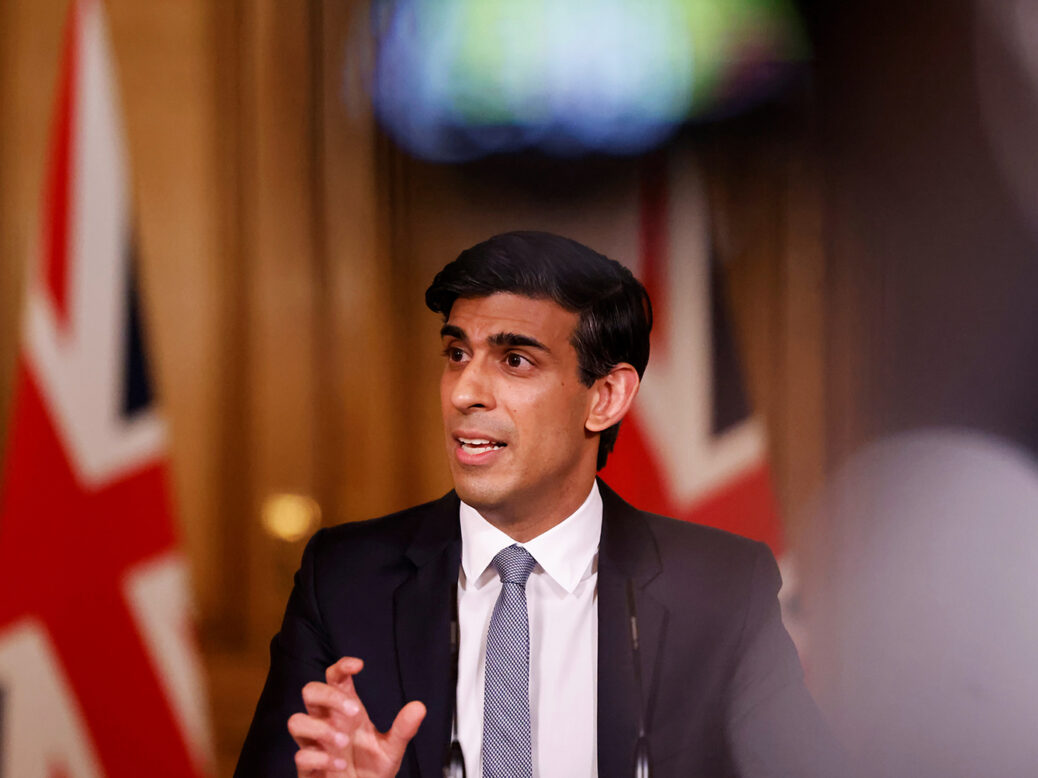
The days leading up to spring statements follow a similar pattern. Politicos scour speeches for any hints of what will be announced. The opposition desperately attempts to burnish its own proposals. Friendly newspapers receive government previews and briefings.
But this morning, with the statement to be delivered on Wednesday (23 March) Rishi Sunak, the Chancellor, had to spend much of his time addressing comments made by his boss instead. Yesterday Boris Johnson compared the fight for freedom in Ukraine to the Brexit referendum. “I know that it’s the instinct of the people of this country, like the people of Ukraine, to choose freedom every time,” the Prime Minister said at the Conservative Party spring conference in Blackpool. “I can give you a couple of famous recent examples. When the British people voted for Brexit in such large, large numbers, I don’t believe it was because they were remotely hostile to foreigners. It’s because they wanted to be free to do things differently and for this country to be able to run itself.”
Sunak seemed to disapprove of the comments. He said that Johnson did not actually believe the two events were analogous and that he wasn’t really comparing them directly. That’s an inventive way of distancing himself from the comments without directly condemning the Prime Minister. As previously noted, the solemnity that befell politics following Vladimir Putin’s invasion of Ukraine has quickly dissipated. The pivot to domestic politics, whether that is debates around fuel duty or Johnson’s comments on Brexit, only proves that.
Despite these distractions a sense of what will be in the spring statement is emerging. The Sunday Times reports this morning that Whitehall officials expect the Chancellor to reduce fuel duty. On the Sunday television shows Sunak himself hinted at changes to fuel duty, saying he understood that people were struggling with high prices because he comes from a rural constituency where people rely on their cars. On defence he seemed to reject the Foreign Secretary’s calls for further spending, instead pointing to a boost in the defence budget from November 2020.
We won’t know for certain what the Chancellor will announce until Wednesday. What we do know is that the government’s desire for this to be a “policy-light” statement has been rendered untenable by the invasion of Ukraine and the deepening cost-of-living crisis. Martin Lewis, the founder of moneysavingexpert.com, said this morning that the situation the UK is facing is the bleakest since he started his job in 2000 — worse than the 2008 crash and worse than during the pandemic. In a sign that Sunak agrees, he said that he would “stand by” the British public in the same way he stood with them during the pandemic. If that is the case, government intervention will be considerable.





